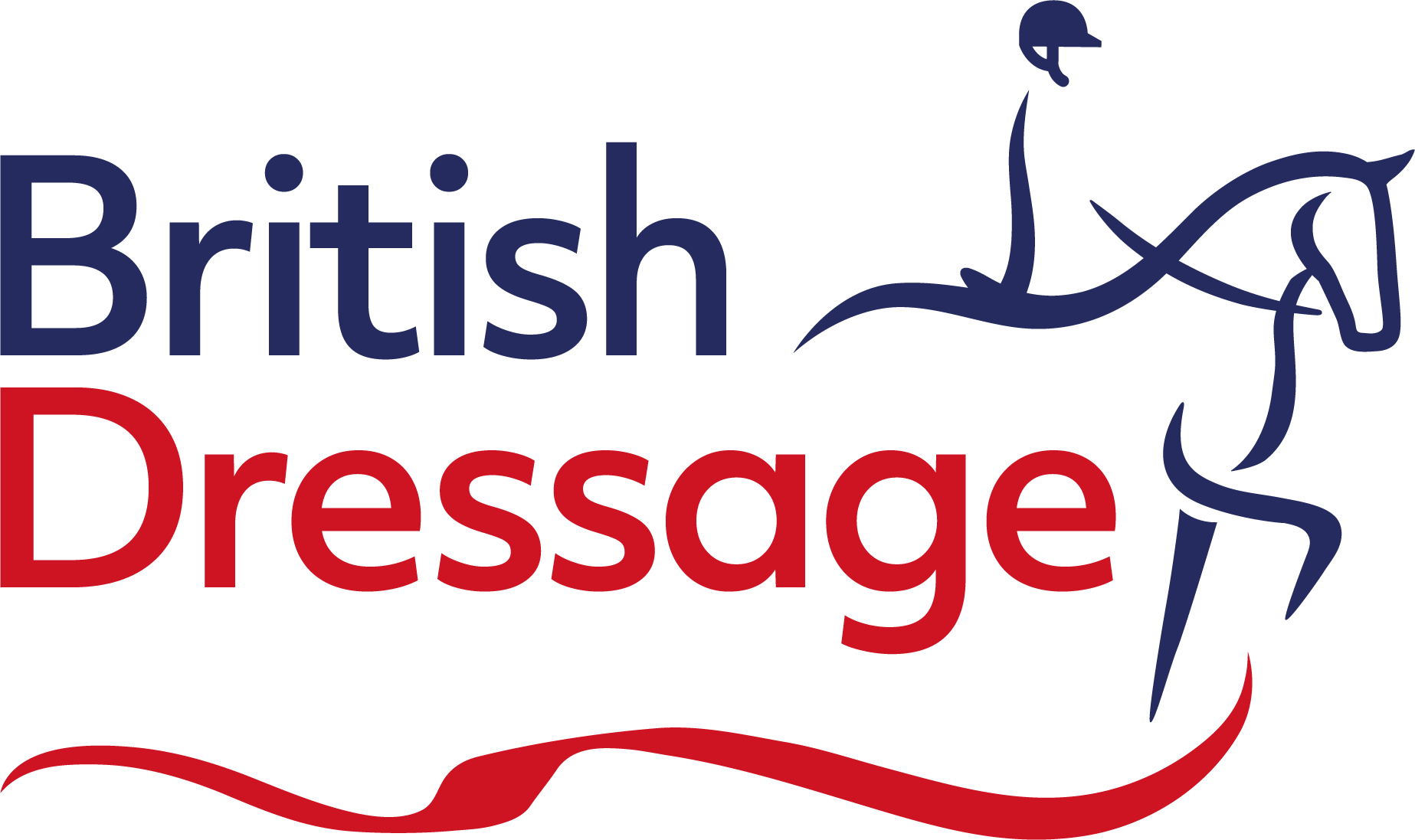News
Feeding your veteran horse
- Written By: British Dressage Magazine
- Published: Tue, 07 May 2024 10:28 GMT
We’re now seeing more older horses enjoying success at competitions well into their teens, but how can we ensure their feed is meeting their nutritional requirements?

Improved veterinary care is seeing horses and ponies living longer, and it’s not unusual to find horses well into their twilight years continuing to enjoy their work and be competitive between the white boards.
“It can take years to train a dressage horse, meaning most horses that reach top level are often in their mid to late teens,” explains Sarah Nelson of Spillers. “This raises the question of whether horses competing in their later years need specialist nutrition. Like all horses, senior horses should be fed based on their body condition with consideration given to their temperament, routine, workload, breed, weight and any clinical issues.
“Also similar to any other horse, the older performance horse’s diet should be based on good quality forage and supplemented with a compound feed or balancer (depending on their energy requirements) to provide the extra protein, vitamins and minerals to support athletic performance.”
Forage should be fed at a minimum of 1.5% bodyweight per day (dry matter), equivalent to approximately 9kg of hay (if it is to be dry) or 11-12kg of haylage ‘as fed’ for a 500kg horse without grazing.
“Keep meal sizes small – no more than 2kg and less for ponies,” adds Sarah. “Weigh taping weekly and body condition scoring fortnightly helps to ensure weight loss or gain is noticed and responded to quickly.”
Dental issues can become more common in older horses, so ensure they have regular dental checks. “If dental issues arise, discuss the options for soaked feeds and hay replacers with a nutrition advisor,” Sarah advises. “It’s also important to feed good quality protein to help maintain topline and muscle tone. Higher levels of antioxidant vitamins and minerals will help support both increased athletic demand and the immune system. And care should be taken to maintain hydration and electrolyte status.”
For senior horses prone to laminitis or with PPID, base the diet on fibre and keep the sugar and starch content low. “This will require restricting ‘sugar’ intake from forage as well as choosing feeds low in starch and sugar,” Sarah says. Many feeds formulated for senior horses also contain added joint and/or digestive support.
“For good doers that maintain their weight on forage alone, opt for a feed balancer that will provide all the necessary nutrients without unnecessary calories. And for those requiring extra condition, feeds high in oil and fibre are ideal for safe weight gain.”
When is your horse ‘old’?
“One problem that we as owners often face is deciding when our horses are ‘old’ and when, or if, they require a diet designed specifically for the older horse,” says Katie Grimwood MSc, equine nutritionist at Baileys Horse Feeds. “Like people, horses age at different rates, and feeding a ‘veteran’ feed just because the horse is in his late teens may not be the most suitable option.”
This is especially the case if he is still in full work and competing, as it may be that a performance or competition feed may still be better suited. “The main thing to remember is to treat the horse as an individual and select a feed based on their overall requirements, not just their age,” explains Katie. “Feed recommended quantities of a fortified mix, cube or balancer, which is important for strong, healthy hooves, good energy levels, good bodyweight, a shiny coat, great muscle tone and topline, as well as internal nutrient reserves.”
It’s also important to consider the horse’s whole diet, not just the hard feed. “Look at the diet as a whole and don’t supplement with individual or certain groups of minerals or vitamins, which is likely to lead to imbalance,” says Katie.
Older horses will often become less dominant and may be bullied away from food and shelter by younger horses. Ensure they have the opportunity to get to their feed and forage and can escape the elements.
“Older horses may also become quite fussy,” explains Katie. “Try adding small amounts of herbs, fruit juices or cordials for improved palatability, particularly if the horse has any medication. If soaking or softening feed, use warm water to aid palatability. Remember to ensure that any additives are not on the prohibited substances list.”
Katie also recommends feeding small meals at frequent intervals to keep the horse interested and to support digestive efficiency. “Monitor any changes in droppings,” she adds. “For example, large fibre strands in the droppings, or looseness of the droppings could indicate a reduced chewing ability. A lower number of droppings may indicate that they are not consuming enough forage.
“Adding a prebiotic supplement can help to support gut function particularly for those still regularly travelling and competing, those that may consume reduced amounts of forage, and those prone to loose droppings or digestive upset.”
Poor dentition, a reduced forage intake or weight-loss should not be regarded as just a normal aspect of aging. “There are steps we can take to help prevent or manage these situations,” says Katie. “Many feed companies have a nutrition helpline and can provide free, tailored advice, as well as answering any questions you may have.”
Healthy hindgut
“As horses age, the highly complex microbiome of the digestive system is often harder to maintain,” says Jemma Noble of Nupafeed. “A healthy hindgut ensures that horses are able to digest and absorb nutrients effectively and is closely linked to immune and metabolic health. Seabuckthorn is a useful supplement that helps to bolster the digestive biome as well as providing a broad spectrum of anti-oxidant nutrients to support immune health.”
Article originally published in July 2023
© British Dressage Magazine
Author: Stephanie Bateman



